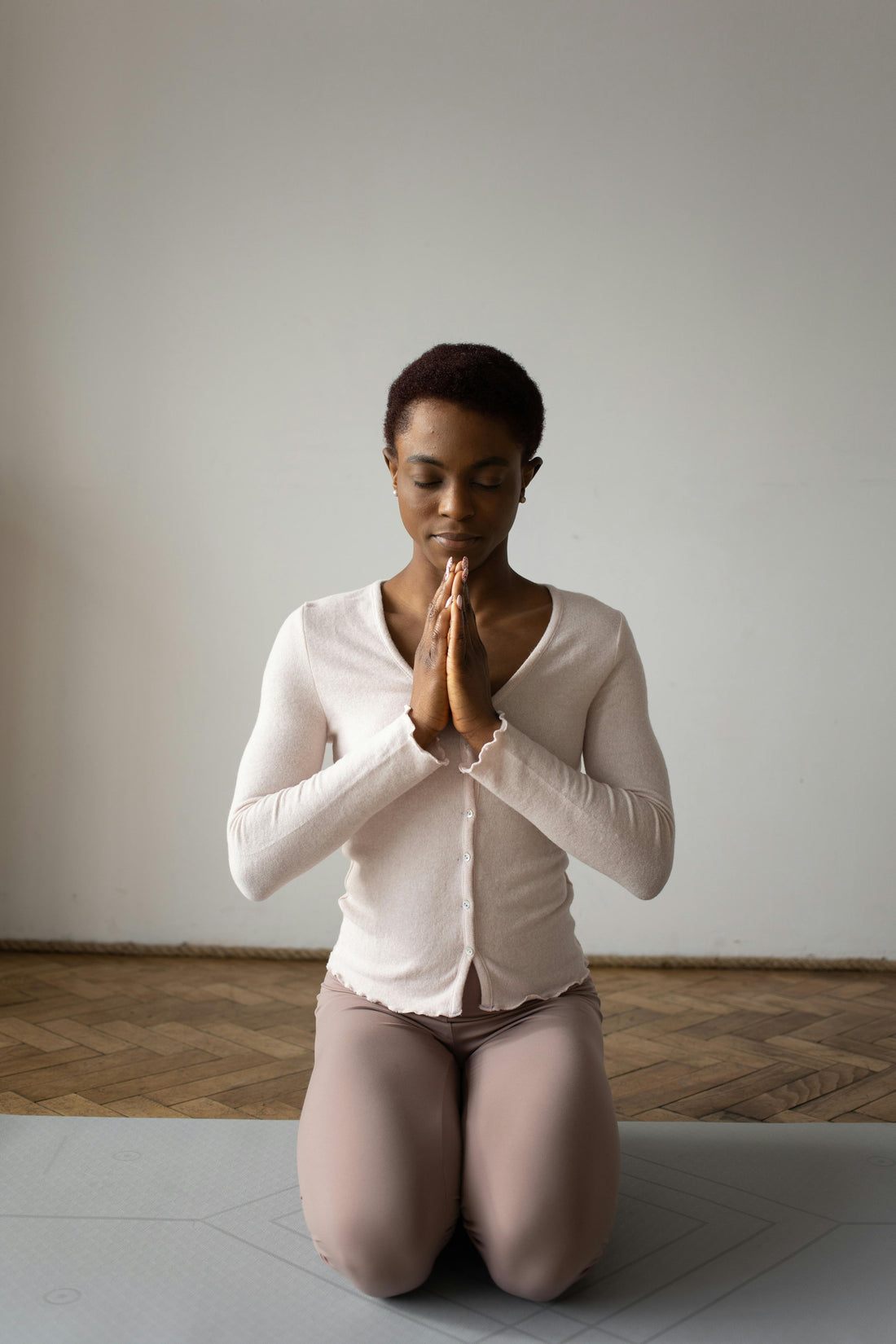
The Invisible Connection: How Mental Well-Being Directly Shapes Your Scalp Health
Share
The conversation around mental health has rightfully gained prominence, with global observances like World Mental Health Day on October 10th this year, helping to dismantle stigma and promote understanding. Its core message is a year-round imperative: mental health is an integral part of our overall well-being. What is less frequently discussed, however, is the tangible, biological pathway through which our emotional and psychological state impacts our physical body, including areas as specific as the health of our scalp and hair. This connection is not anecdotal; it is a well-documented physiological process. Understanding this link is crucial, as it reframes scalp care from a purely cosmetic pursuit into a holistic practice that acknowledges the profound interplay between the mind and the body.
The primary mediator of this connection is the body's stress response system. When we experience chronic stress, anxiety, or other mental health challenges, our bodies release elevated levels of the hormone cortisol. In short bursts, cortisol is adaptive, helping us navigate immediate threats. However, when stress becomes persistent, this sustained elevation can have damaging effects. The hair follicle is one of the most metabolically active structures in the body and is exceptionally sensitive to internal fluctuations. Prolonged high cortisol levels can disrupt the delicate hair growth cycle by prematurely pushing a significant number of follicles from the growing phase into the resting and shedding phase. This condition, known as telogen effluvium, is a clinically recognized form of hair loss directly linked to psychological and physiological stress, often appearing three to six months after a major stressful period.
Beyond this direct impact on the hair cycle, chronic stress also promotes a state of systemic inflammation. Cortisol, in its normal function, helps to regulate inflammation. But under chronic secretion, the body can become desensitized to its effects, leading to a pervasive, low-grade inflammatory state. This inflammation can readily manifest in the skin, including the scalp. It can exacerbate existing conditions like seborrheic dermatitis, psoriasis, and general scalp sensitivity, leading to increased redness, itching, and flaking. Furthermore, stress can disrupt the scalp's microbiome and impair the skin's barrier function. A compromised barrier is less effective at retaining moisture, leading to a dry, tight, and irritable scalp, and is more vulnerable to external aggressors like pollution and allergens.
The relationship between mental health and scalp conditions is often a vicious cycle. The physical symptoms of an irritated scalp—the relentless itch, the visible flaking, the increasing hair shed in the shower—can themselves become a significant source of anxiety, embarrassment, and diminished self-esteem. This distress, in turn, fuels the very stress response that likely contributed to the problem in the first place. Breaking this cycle requires a dual approach: managing the internal stressors while also implementing a scalp care routine designed to soothe and rebalance the physical manifestations. This is where a mindful, sensory-rich hair care ritual can transcend its basic function and become a legitimate tool for self-care.
The act of caring for your scalp can be transformed into a practice of mindfulness, a moment to redirect focus inward and engage the senses. The simple, rhythmic motion of a scalp massage, whether with your fingertips or a tool like the Tranquillity Scalp Gua Sha, does more than stimulate circulation. The focused pressure provides a counter-stimulus to the nervous system, helping to quiet mental chatter. The physical sensation can ground you in the present moment, a key principle of mindfulness. This practice mechanically helps to release the physical tension held in the occipital muscles at the base of the skull, a common storage site for stress, while simultaneously signaling the brain to downshift into a more relaxed, parasympathetic state.
This mindful approach can be integrated directly into your product application. Using a treatment mist like Scalp Silk® becomes more than just a step for pH balance. The very act of pausing to spray the cool, fragrant mist onto your scalp is a sensory intervention. The calming scent of lavender and rose, known for their soothing properties, can engage the olfactory system to promote a sense of calm. The light, hydrating feel of the formula provides immediate physical relief to a tight, stressed scalp. This turns a 30-second task into a deliberate pause, a small but meaningful act of nurturing yourself.
Similarly, the weekly ritual of applying a pre-wash treatment like Ground Recovery Oil® can be framed as a dedicated time for restoration. The process of gently warming the oil between your hands and massaging it into your scalp is inherently soothing. It is a commitment of time solely for your own well-being, a tactile experience that forces you to slow down. As the nourishing oils work to fortify hair follicles and soothe irritation, the ritual itself works to calm the nervous system. This holistic perspective redefines the purpose of these products; they are not just solutions for flaking or shedding, but partners in a broader practice of managing the physical consequences of modern life's pressures.
On this journey of mental well-being, it is vital to acknowledge that while self-care rituals are profoundly beneficial, they are not a substitute for professional mental health support. If you are struggling with chronic stress, anxiety, or depression, reaching out to a therapist, counselor, or doctor is an act of profound strength and the most direct path to healing. Integrating a mindful scalp care routine can run parallel to this professional support, serving as a tangible, daily reminder to care for yourself. This World Mental Health Day, and every day, remember that caring for your mind is inseparable from caring for your body. By nurturing your scalp with intention, you are not just cultivating healthier hair; you are actively participating in breaking the cycle of stress and sending a powerful message of care to your entire being.
